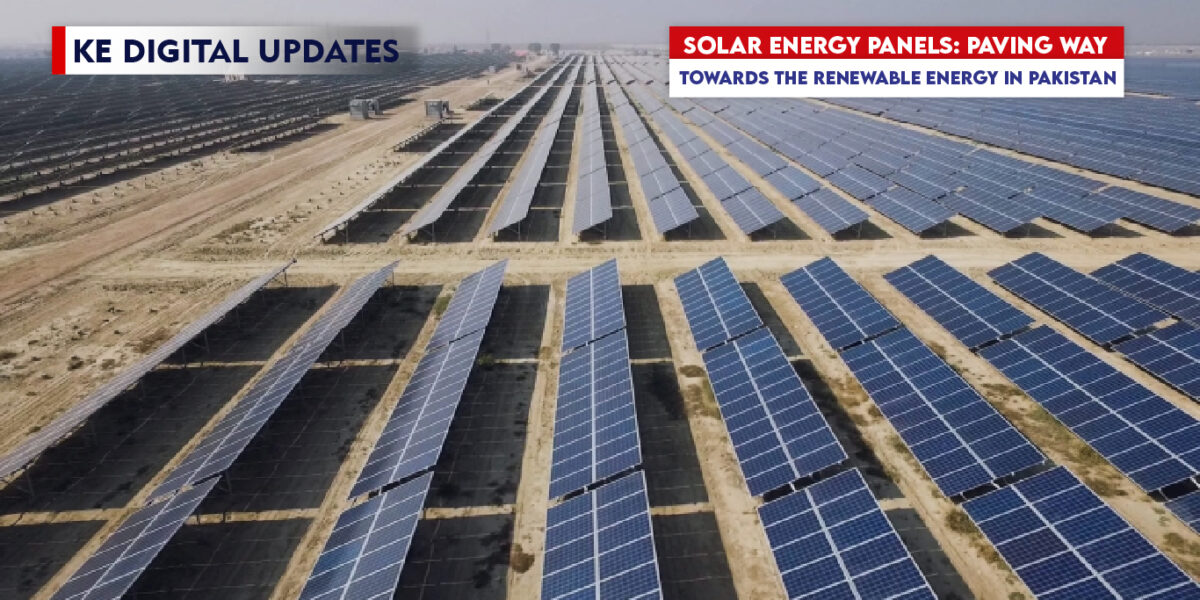Renewable
Pakistan’s import bill of fossil fuels puts a lot of burden on its budget and causes it to take more loans. High imported fossil fuel prices raised electricity prices, and the cost of production resulted in lower output with more expenses. Pakistan plans to launch massive solar energy plans to cope with the issues such as high import prices, high electricity prices, and outflow of foreign exchange.
Power Division held a meeting with the Economic Coordination Committee (ECC) on 18 October 2022. Cabinet approved the guideline framework for substituting Solar PV Energy Panels in place of thermal power plants. Security Package Documents are the Implementation Agreement (IA) and Energy Purchase Agreement (EPA). These documents comprise all legal matters like contractual, insurance, renewable energy production, engineering, operation, commission, and transfer-related issues.
Standard Security Package documents based on transaction matters with parties and tariff approval from The National Electric Power Regulatory Authority (NEPRA). Boards of the Alternative Energy Development Board (AEDB) and Central Power Purchasing Agency (CPPA-G) may have the authority to approve the amendments in the IA and CPPA. They also have the right to approve “Tariffs and Generation Licenses”. They will develop the Standard Payment Mechanism approved by ECC. The tariff will be indexed annually on currency rate variation instead of quarterly.
The government’s plan of investment in solar energy panels at a large scale will open a new field. Renewable energy will lower the import cost of fossil fuel and energy prices, reduce production costs, and control the outflow of foreign reserves. The industrial sector and households will have electricity availability at a lower cost. Solar energy will improve the environmental quality index.


